All advocacy starts at the local level. As an educator, your voice is vital to securing continued support for the arts.
Below you’ll find some advocacy actions you can take to raise your voice in your classroom, you schools, and your communities!
Baby Steps: Take Action In 10 Minutes or Less
New to advocacy or need some quick ideas? Below are some advocacy actions that we would rate as “easy”, yet effective — and often designed to supplement the work you already do!
Snap a photo of your students creating their next art project, post a production photo from their last theatre performance, or even take a picture of your school and include a message about the role the arts play daily!
Be sure to use the #CreativeSC! Visit our Facebook page and “Like” us while you’re at it!
Encourage your students and colleagues to attend an arts event, especially during Arts Advocacy Week. And while they’re there, ask them to snap a photo of the artwork, band, or with an actor or artist – or even the building!
Post it to social media with #CreativeSC!
Take a few minutes and email your Principal, Superintendent, and School Board members letting them know that the arts help make your classroom a success! You can also email your city, state, and national officials to let them know how the arts have impacted your life and your school community.
Need some inspiration? Check out our templates at the top of this page!
Do you have a school performance or student art show coming up? Before the show starts, take a minute and tell parents and community members about the role the arts play in the classroom and how their support at the public policy level is important and vital to the success of the arts experience they’re about to see.
If it’s during Arts Advocacy Week, be sure to let everyone know you’re celebrating!
We’ve provided a template at the top of this page to help you get started!
There’s nothing quite like an arts experience to help demonstrate the power of arts education. Invite your school board members and superintendent, or even your legislators to your next event! And be sure to recognize them when they show up!
Check out our templates at the top of this page to help you get started.
Know someone who would be a great advocate for the arts? Tell them to become a free member of the SCAA to get access to the latest updates and get engaged!
Raise Awareness: Take Action In About an Hour
Carve out an hour or so and take some really powerful action on behalf of the arts. Here are some actions you can take that may take a bit more time than posting or sending a message, but have a lot more power behind them. All are great ways to build support for the arts.
Want to tell your arts education story to the world? Contact us about writing a blog post for our website!
Or, write a letter to your newspaper editor/submit an opinion piece! Stories are the best advocacy tool – more powerful than big picture statistics or reports, your personal story is what gives the arts a fighting chance. So tell it! And be sure to share your story with us too so we can use it!
If you’ve got a cell phone, you’ve got a video camera. Pull that thing out and start recording! Post a video of your students (with permission) celebrating the arts or telling their own story, or post a clip from a recent student showcase.
Alternatively, ask your school to post it directly on their social media pages and/or websites! Don’t forget to tag us!
Ask for some time to sit down with your school leadership and share some of your most meaningful stories. You can also use this time to discuss strategies to make the arts stronger in your school.
We’ve got lot’s of resources available to help you make your case.
Local officials – city and county councils, school board members, state legislators – love meeting with constituents. Request a meeting with yours and talk to them about how they can support the arts in the classroom. Whether it’s a casual coffee to just talk about the arts in general, a meeting at City Hall to talk about a specific arts issue, or just to get to know them better, ask for a meeting and advocate!
If you’re uncomfortable sitting down one on one, invite them to visit your school and observe arts education in action. Loop in your principal or other school leaders to help you coordinate, and possibly arrange a meeting while they are there!
Check out our templates above to help you make the request. Not sure who your legislator is? Find out here >>
Have you ever been to your School Board Meeting? Advocacy Week is a great time to start! Visit your district’s website and see when the next board meeting is. If you’re feeling up to it, have you or a dedicated parent sign up to tell your board members how much you want to see the arts grow in your schools during the public comment section.
Need a starting place? We’ve got a template for that too. And don’t forget to stay for the whole meeting! Learning the process is just as important, if not more, as speaking up.
Superstar Actions
Want to make the front page? These “super star” advocacy actions you can take to make the arts the center of conversation at your school and district. These do take some time to plan and implement, but are well worth the effort. Be sure to let us know if you’re thinking about planning one of these and we’ll be sure to help with anything we can!
There is nothing wrong with a well-timed student showcase. Advocacy Week is a great way to use a statewide platform to shine the light on the role the arts play in your school. If you’ve got the time and the material, think about putting together a student showcase or performance during Advocacy Week!
SC Arts Day at the Statehouse attracts hundreds of advocates from across the state each year! Join us for breakfast with legislators, participate in meetings with key decision makers, and then rally at the Statehouse. Let’s get some more teachers there!
Have your students create cards and messages to mail to their elected officials! Thank them for supporting the arts, share personal stories, and help them see why arts education is important. Collaborate with your civics or social studies teacher to talk about the legislative process, and how their civic participation makes a difference.
Not only are they bound to get a response, but they’re sure to make an impression too!


